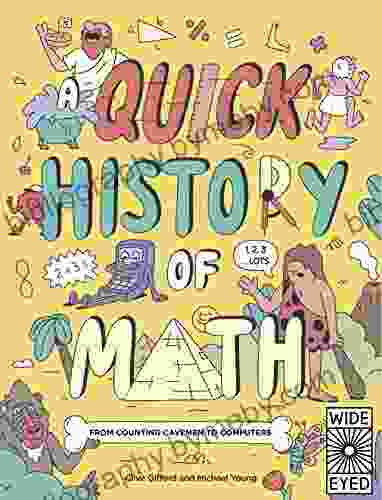Unveiling the Fascinating World of Mathematics: A Quick History

Mathematics, the universal language of science, has played a pivotal role in shaping human civilization throughout history. From the earliest counting systems to the complex algorithms of today, mathematics has enabled us to understand the world around us, make predictions, and solve problems.
The Dawn of Mathematical Knowledge
Evidence suggests that the origins of mathematics can be traced back to ancient civilizations around the world. The earliest known mathematical artifacts, such as tally sticks and notched bones, were used for simple counting and record-keeping.
4.7 out of 5
| Language | : | English |
| Print length | : | 128 pages |
| File size | : | 34001 KB |
| Screen Reader | : | Supported |
In ancient Egypt, around 3000 BCE, the Egyptians developed a sophisticated number system based on hieroglyphs. This system allowed them to perform arithmetic operations and solve practical problems in surveying, engineering, and astronomy.
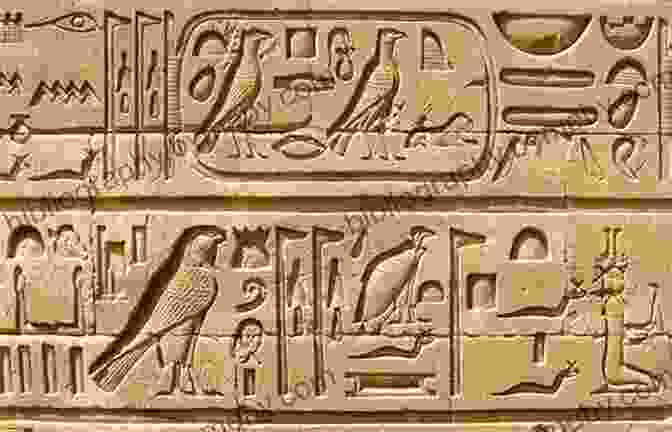
In Mesopotamia, the Sumerians and Babylonians developed a base-60 number system around 2000 BCE. This system, which we still use today to measure time and angles, allowed them to create accurate calendars and perform advanced astronomical calculations.
The Greek Golden Age of Mathematics
The ancient Greeks made significant contributions to mathematics during the Golden Age of Greece (5th-3rd centuries BCE). Pythagoras, known for his famous theorem, established the importance of geometry and mathematical proof.
Euclid, the "Father of Geometry," wrote the influential Elements, a foundational text that systematized and codified geometric knowledge. Archimedes, a versatile genius, developed methods for calculating areas, volumes, and the value of pi.
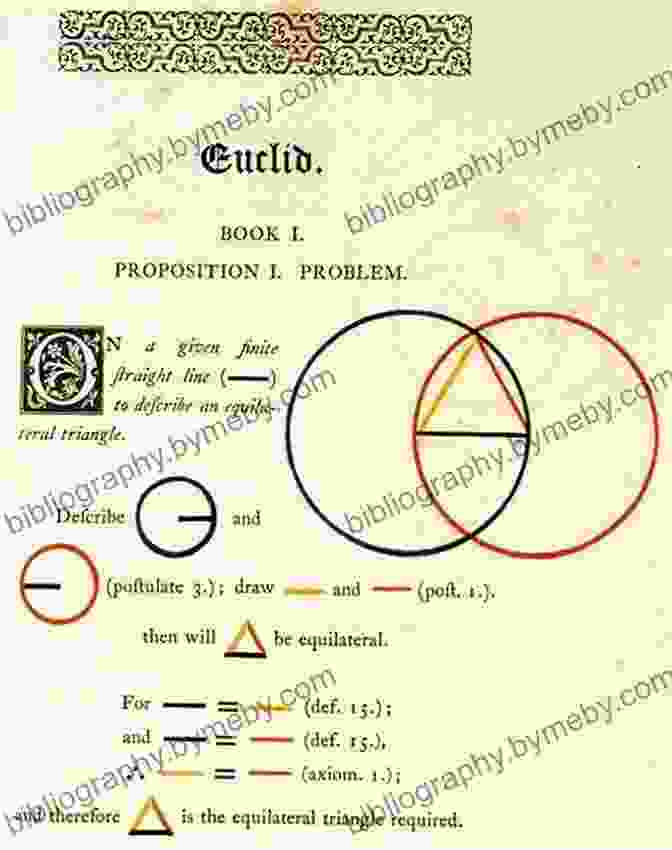
The Rise of Mathematics in the East
During the Middle Ages, mathematics flourished in the East. In India, mathematicians developed the concept of zero, a groundbreaking idea that revolutionized number systems and arithmetic operations.
In China, mathematicians made advances in algebra and trigonometry. The mathematician and astronomer Zu Chongzhi calculated pi to seven decimal places, an impressive achievement for his time.
The Renaissance and the Birth of Modern Mathematics
The Renaissance period in Europe witnessed a renewed interest in mathematics. Leonardo da Vinci, known for his artistic genius, also made significant contributions to mathematics, particularly in geometry and perspective drawing.
Nicolaus Copernicus, the Polish astronomer, developed the heliocentric model of the solar system, which challenged the prevailing geocentric view of the time. This led to a revolution in astronomy and a need for new mathematical techniques.
The Age of Scientific Revolution
The 17th and 18th centuries marked the Age of Scientific Revolution. Mathematicians such as René Descartes and Isaac Newton made groundbreaking advances in algebra and calculus.
Newton's laws of motion and universal gravitation described the behavior of physical objects, while calculus provided powerful tools for analyzing continuous change and solving complex problems.
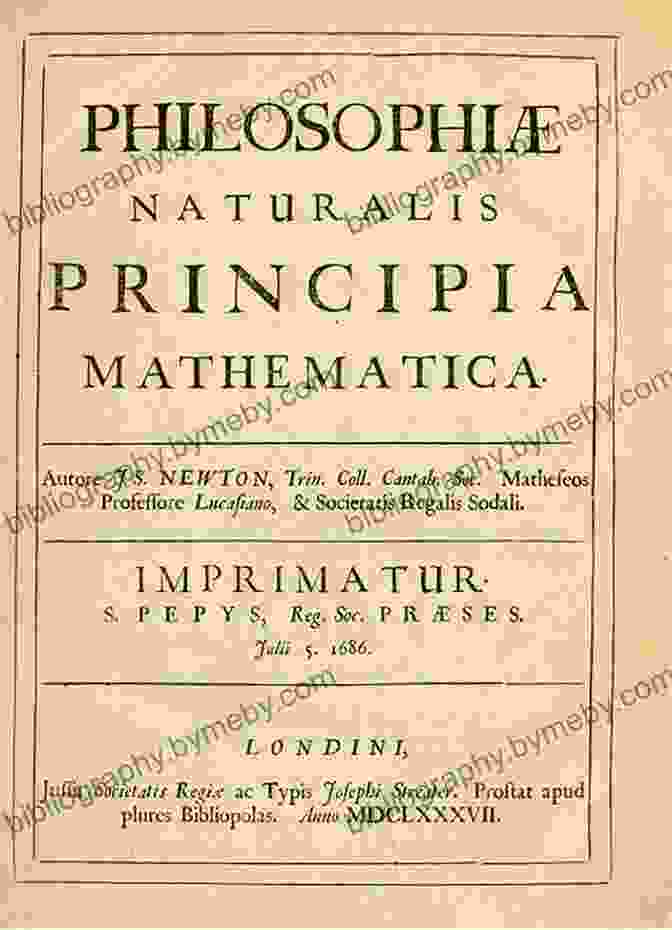
Modern Mathematics
The 19th and 20th centuries saw the rise of modern mathematics. Mathematicians such as Bernhard Riemann and Georg Cantor developed new concepts and theories, including non-Euclidean geometry and set theory.
In the 20th century, computers became essential tools for mathematical research and applications. Numerical analysis, optimization techniques, and simulations have revolutionized fields such as engineering, finance, and data science.
The history of mathematics is a testament to human ingenuity and the pursuit of knowledge. From the humble beginnings of counting to the sophisticated mathematical models of today, mathematics has played a transformative role in our understanding of the universe and our place within it.
Whether you are a mathematician, a scientist, an engineer, or simply curious about the world around you, understanding the history of mathematics will enrich your appreciation for this fascinating subject.
Call to Action
Delve deeper into the fascinating world of mathematics with our Quick History of Math book. This comprehensive guide will take you on a journey through the ages, showcasing the remarkable achievements and groundbreaking discoveries that have shaped this field.
Free Download your copy today and unlock the secrets of mathematics!
4.7 out of 5
| Language | : | English |
| Print length | : | 128 pages |
| File size | : | 34001 KB |
| Screen Reader | : | Supported |
Do you want to contribute by writing guest posts on this blog?
Please contact us and send us a resume of previous articles that you have written.
 Book
Book Novel
Novel Page
Page Chapter
Chapter Text
Text Story
Story Genre
Genre Reader
Reader Library
Library Paperback
Paperback E-book
E-book Magazine
Magazine Newspaper
Newspaper Paragraph
Paragraph Sentence
Sentence Bookmark
Bookmark Shelf
Shelf Glossary
Glossary Bibliography
Bibliography Foreword
Foreword Preface
Preface Synopsis
Synopsis Annotation
Annotation Footnote
Footnote Manuscript
Manuscript Scroll
Scroll Codex
Codex Tome
Tome Bestseller
Bestseller Classics
Classics Library card
Library card Narrative
Narrative Biography
Biography Autobiography
Autobiography Memoir
Memoir Reference
Reference Encyclopedia
Encyclopedia Jamie Prickett
Jamie Prickett Gene Logsdon
Gene Logsdon George Takei
George Takei Tekeema Smith Shields
Tekeema Smith Shields Gil Baumgarten
Gil Baumgarten Gary Thomas
Gary Thomas George R R Martin
George R R Martin Matthew Skelton
Matthew Skelton Lorette Broekstra
Lorette Broekstra Gary Lonesborough
Gary Lonesborough George Robert Elford
George Robert Elford Gena Showalter
Gena Showalter John Elder Robison
John Elder Robison G G Snicket
G G Snicket George Lavrov
George Lavrov Jazmine Mccoy
Jazmine Mccoy Grace M Cho
Grace M Cho Paula Reed
Paula Reed Frimette Kass Shraibman
Frimette Kass Shraibman Gerry Virtue
Gerry Virtue
Light bulbAdvertise smarter! Our strategic ad space ensures maximum exposure. Reserve your spot today!

 Braeden HayesUnlock Unprecedented Business Success with "The People Profit Connection 4th...
Braeden HayesUnlock Unprecedented Business Success with "The People Profit Connection 4th...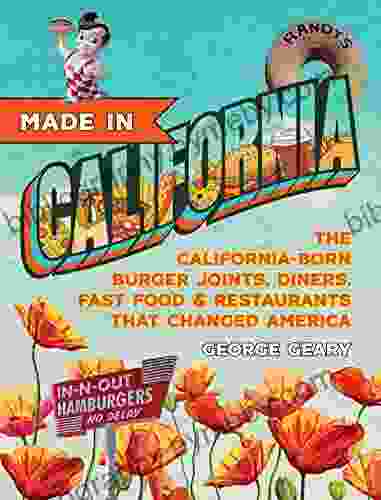
 E.M. ForsterA Culinary Road Trip: The California Born Diners, Burger Joints, Restaurants,...
E.M. ForsterA Culinary Road Trip: The California Born Diners, Burger Joints, Restaurants,... Bo CoxFollow ·13.3k
Bo CoxFollow ·13.3k Ira CoxFollow ·17.7k
Ira CoxFollow ·17.7k Spencer PowellFollow ·11.2k
Spencer PowellFollow ·11.2k William WordsworthFollow ·8.4k
William WordsworthFollow ·8.4k Marcus BellFollow ·2.8k
Marcus BellFollow ·2.8k Eli BlairFollow ·7k
Eli BlairFollow ·7k Jesus MitchellFollow ·19.5k
Jesus MitchellFollow ·19.5k Tyler NelsonFollow ·14.9k
Tyler NelsonFollow ·14.9k

 Brian West
Brian WestSmedley Butler: The Marines and the Making and Breaking...
: A Marine's...

 Gabriel Garcia Marquez
Gabriel Garcia MarquezIschia, Capri, Sorrento, Positano, And Amalfi: An...
Explore the...

 Felix Carter
Felix CarterAdorn Your Little Princess with Fleur Ange's Exquisite...
Welcome to the enchanting...

 Kelly Blair
Kelly BlairUnveiling the Secrets of the Historical Way and Fishermen...
Step into the pages...

 Angelo Ward
Angelo WardKnit the Cutest Thumbless Mittens for Your Little One:...
Prepare to be...
4.7 out of 5
| Language | : | English |
| Print length | : | 128 pages |
| File size | : | 34001 KB |
| Screen Reader | : | Supported |


